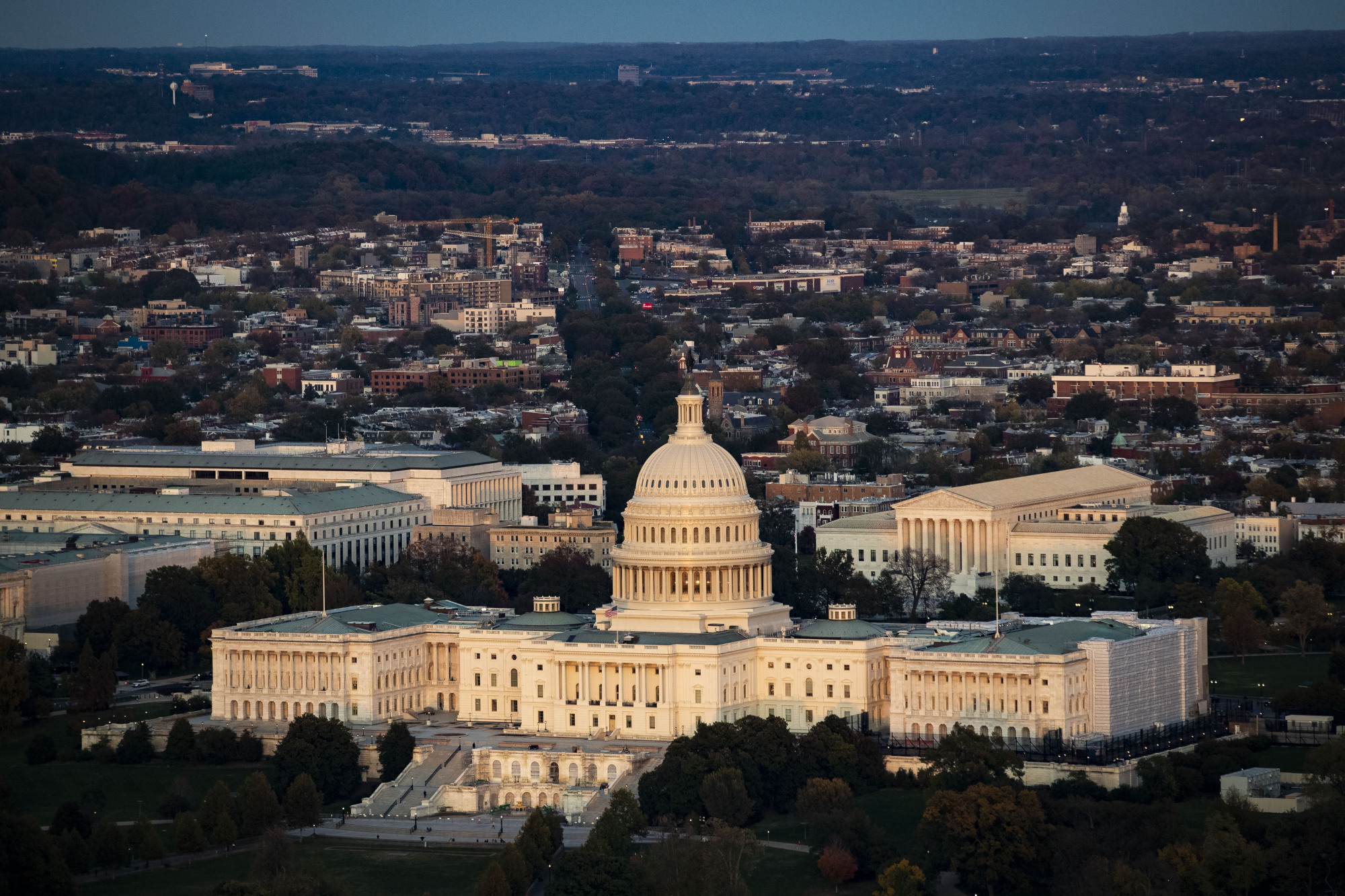Fighting to keep his tax returns secret, President Donald Trump will soon ask the Supreme Court to grant him "temporary absolute immunity" from any criminal investigation while he's in office. The case sets up yet another test for the court's new swing voter, Chief Justice John Roberts, who is devoted to the principle of judicial restraint.
The federal appeals court that has already rejected Trump's claim understood this perfectly. It issued an extremely cautious, narrow opinion targeted straight at Roberts. That opinion, a minor masterpiece of judicial craft, strongly increases the odds that Roberts will reject absolute presidential immunity. In light of that opinion, I cautiously predict that, if the Supreme Court takes the case, it will hold that Trump's accountant can be subpoenaed by a New York state grand jury to turn over the president's tax records.
The first question is whether the justices will consider the issue of Trump's tax returns at all. It takes four justices for the court to decide to hear a case ("grant certiorari," in the legal Latin jargon favored by the court).



